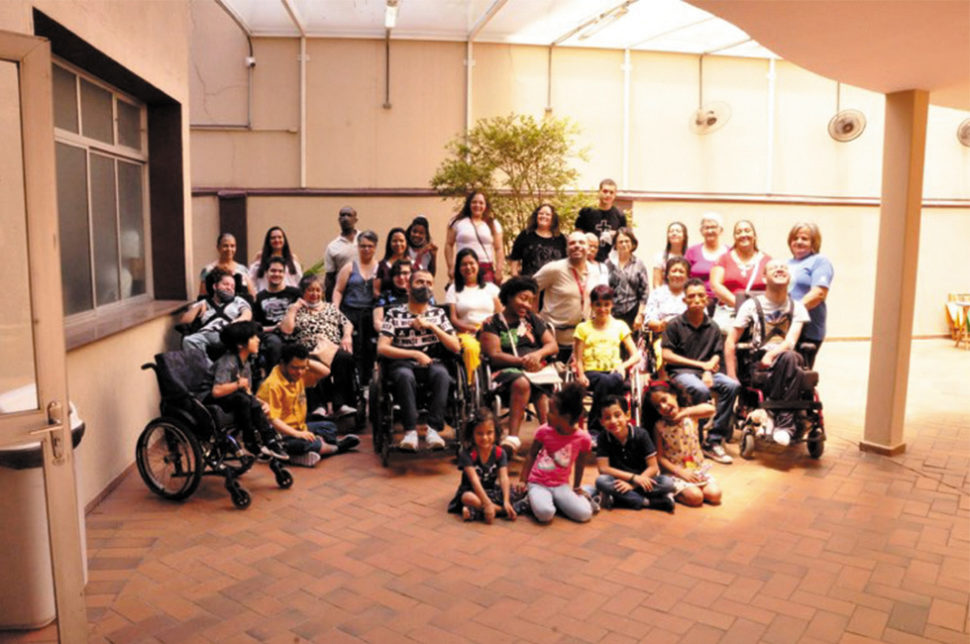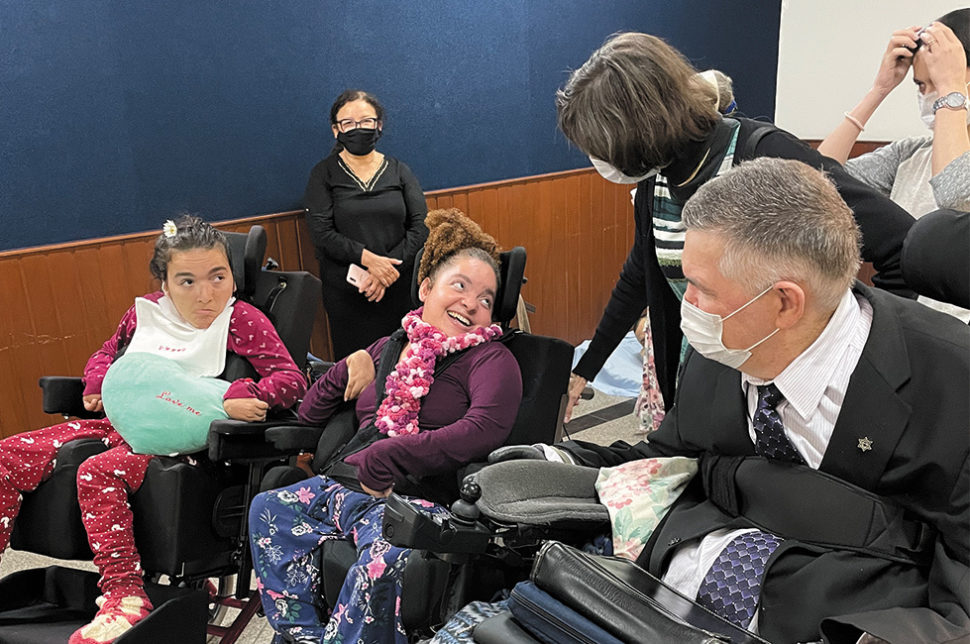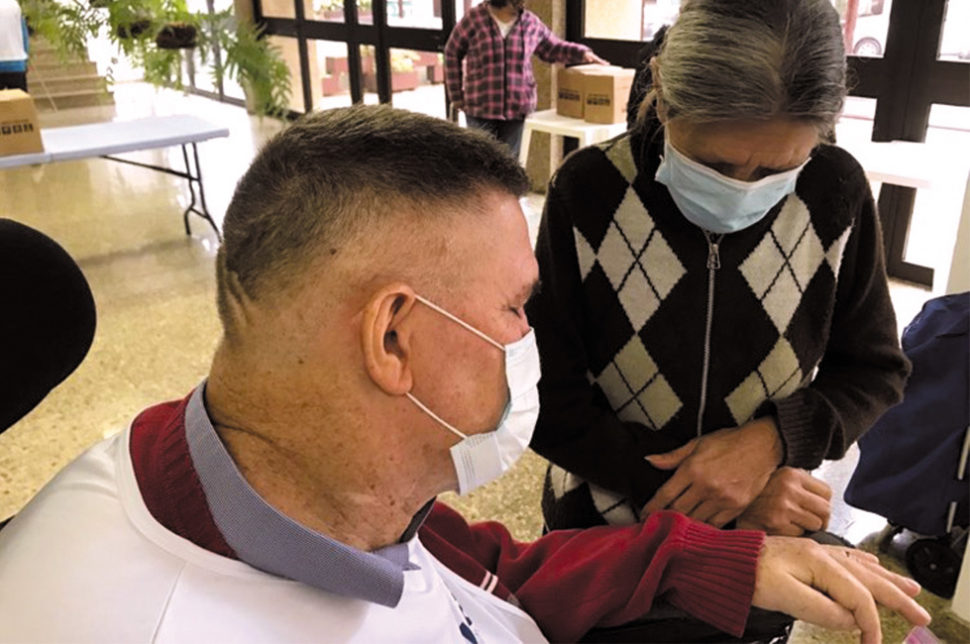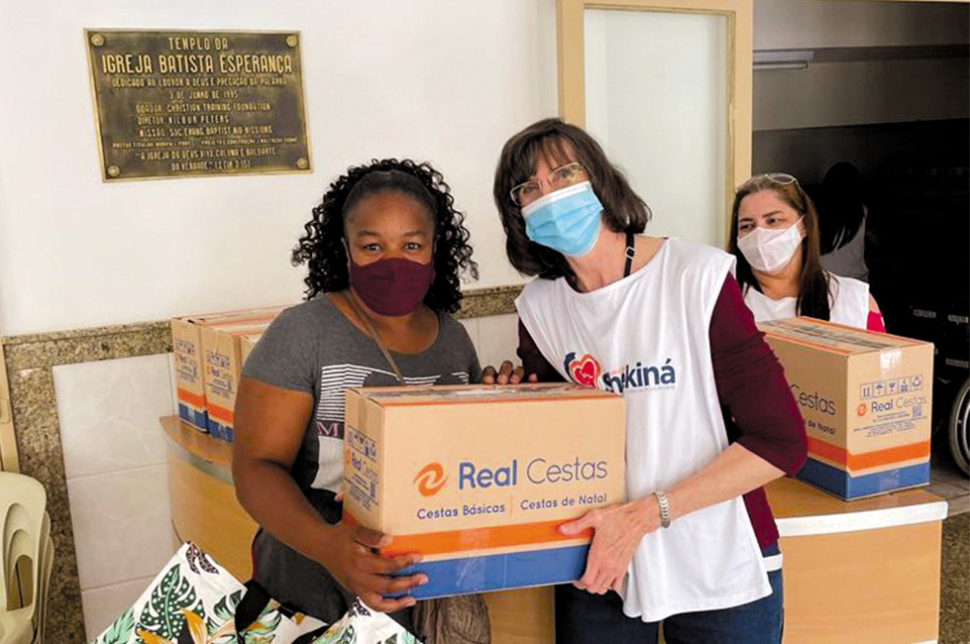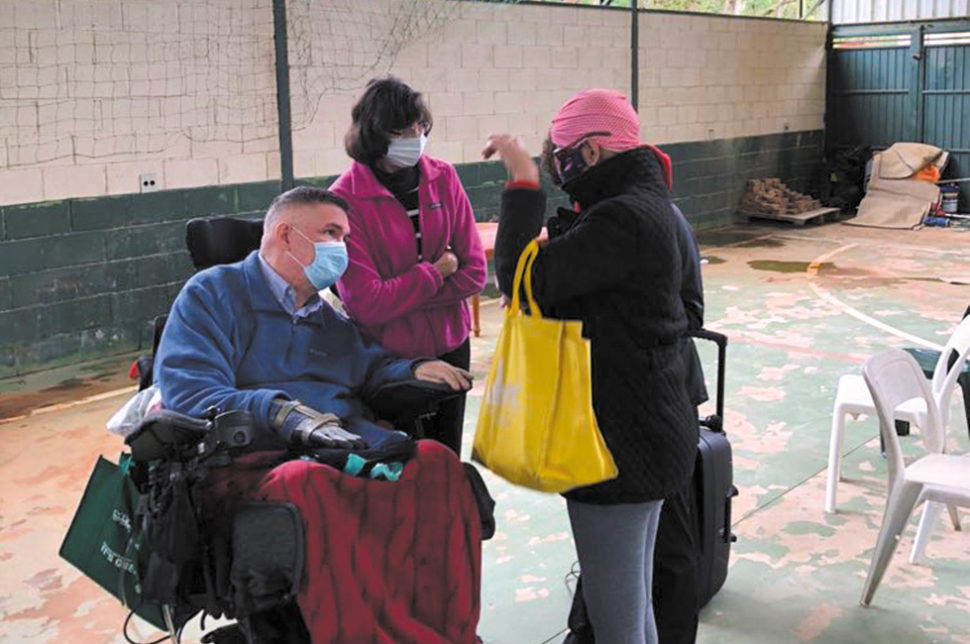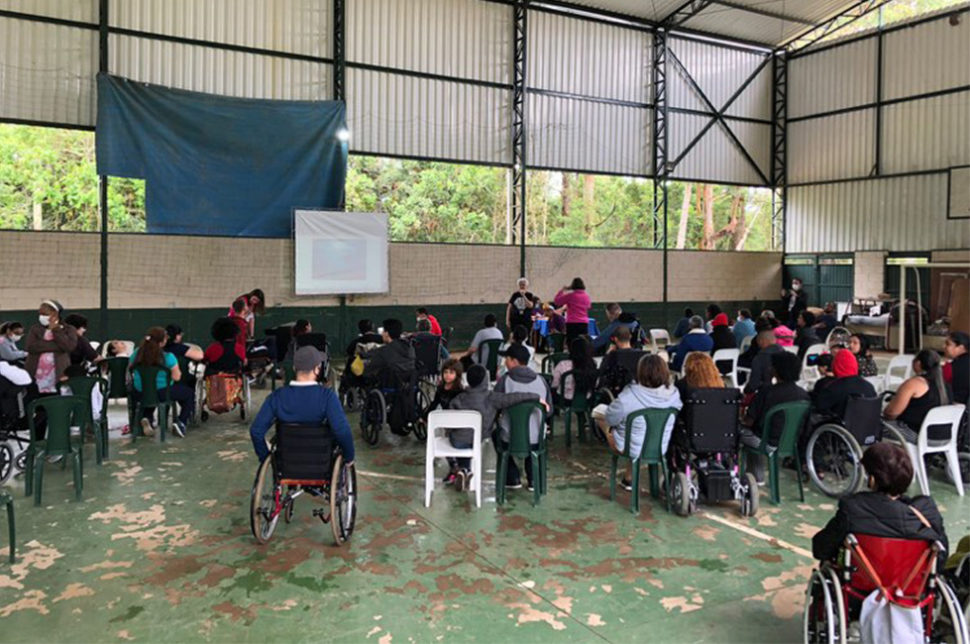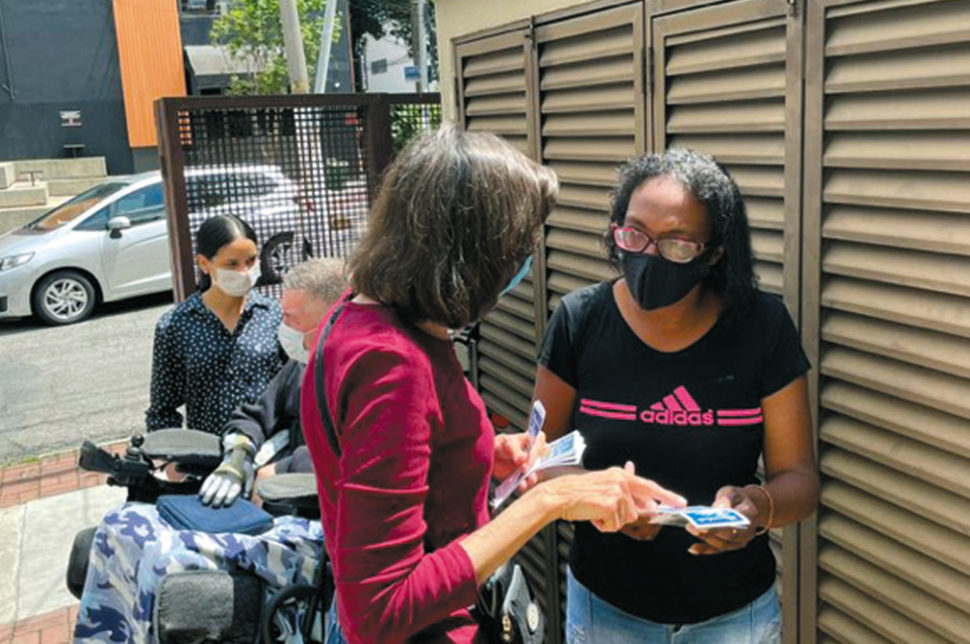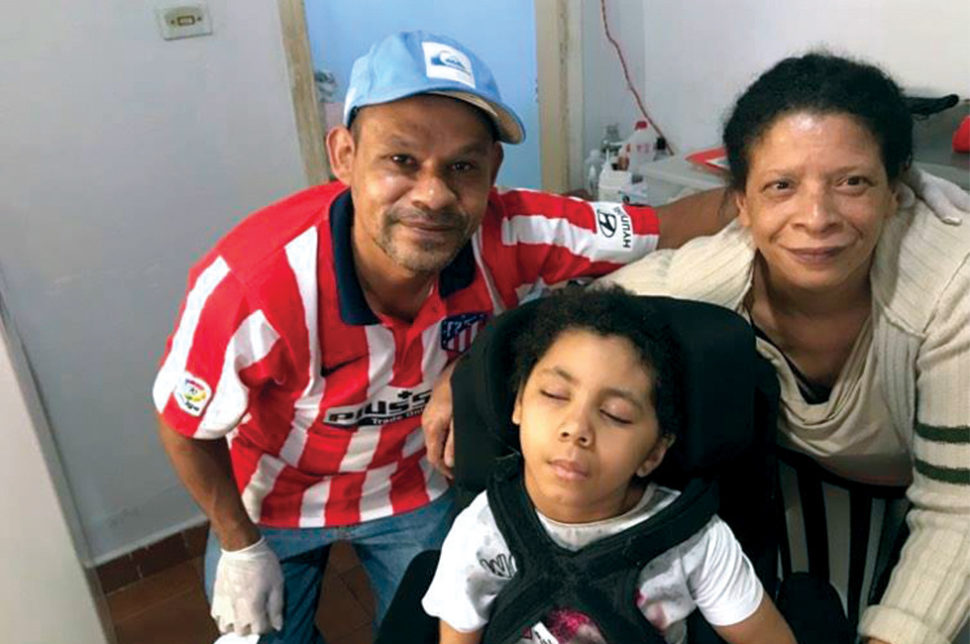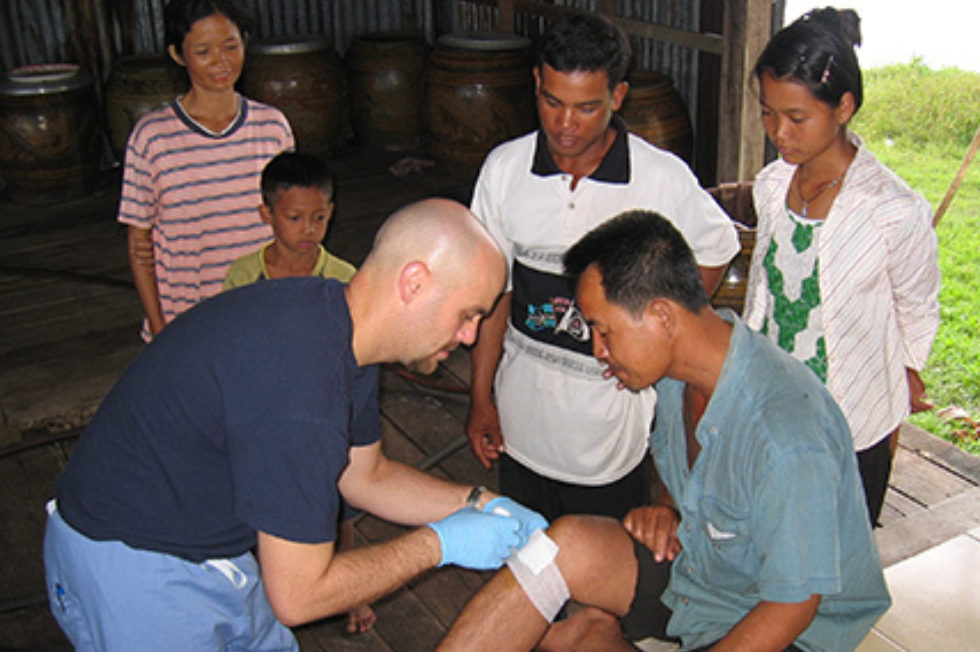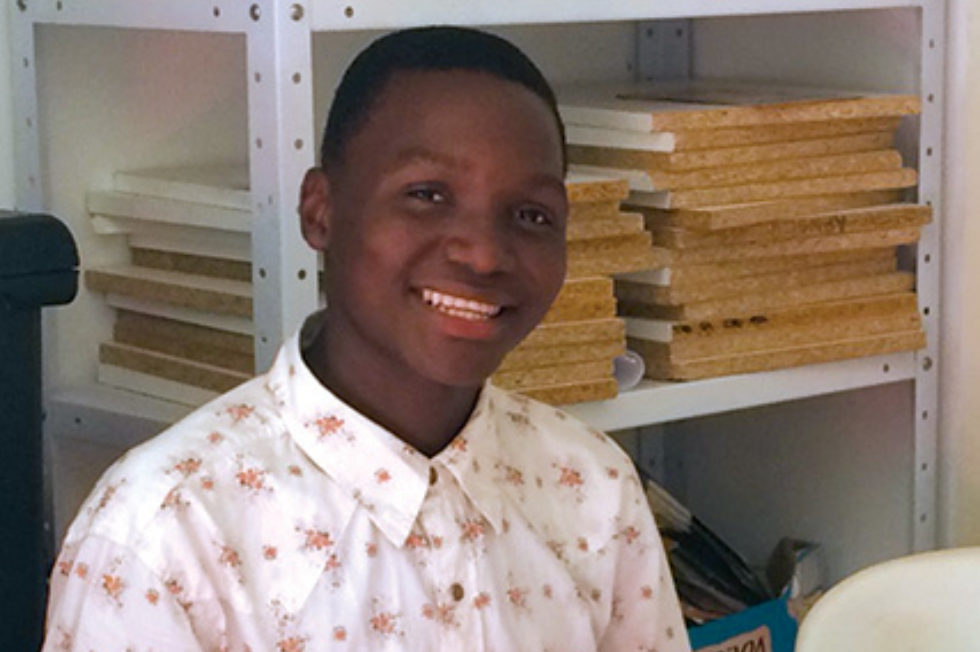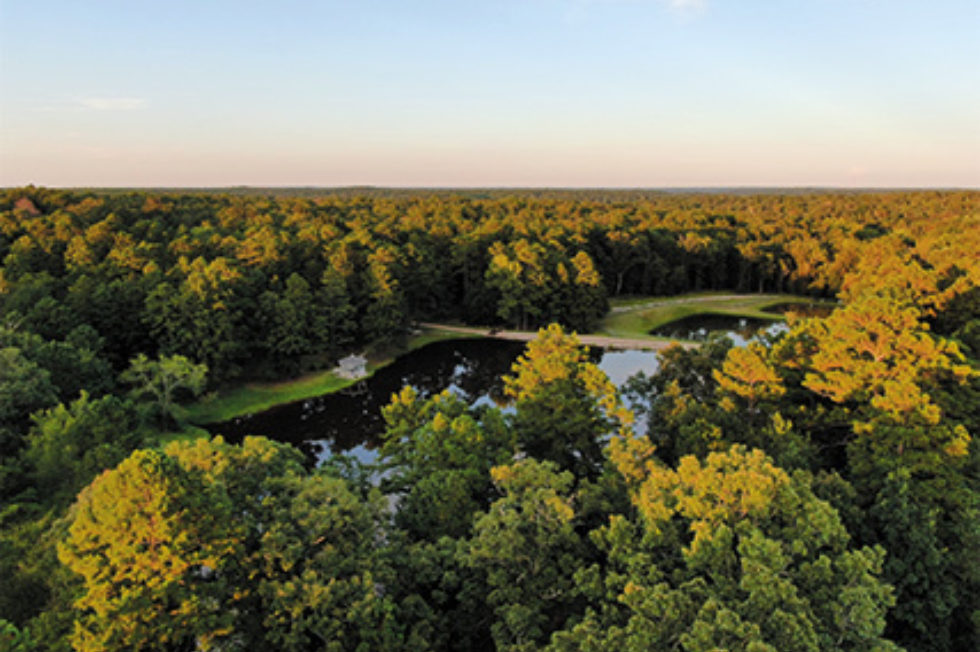-
-
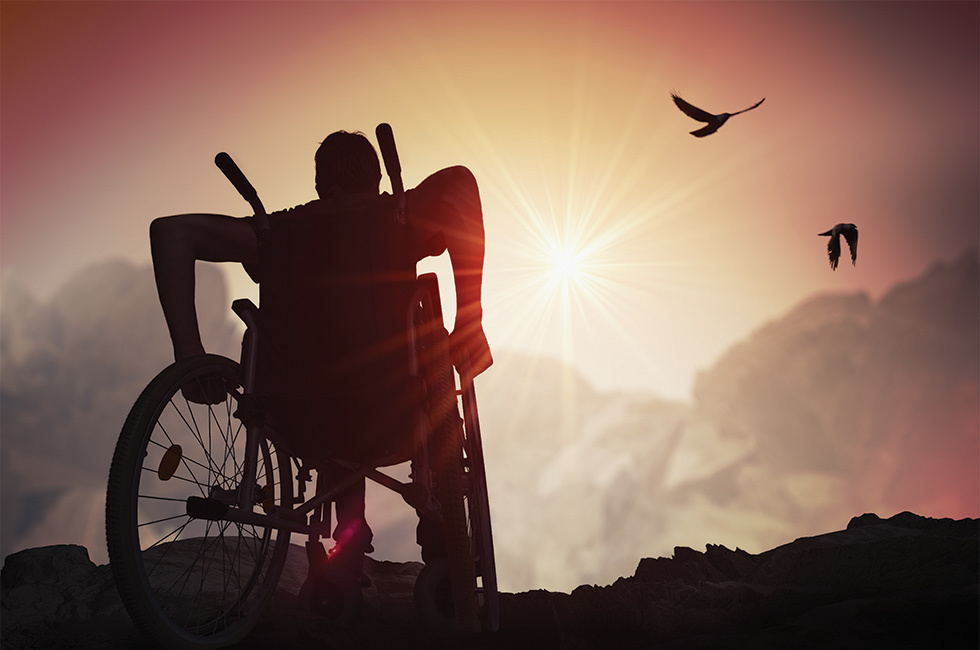
They Found Hope
More disabled people live in São Paulo than in any other city of Brazil.
The reason is not surprising. This megacity of 22 million offers Brazil’s best healthcare, accessibility, and transportation—essential services for people managing conditions like paralysis, blindness, deafness, or mental disabilities. Families of disabled people move to São Paulo from all parts of Brazil for these burden-lifting services.
For the same reasons, missionaries John and Beverly Leonard uprooted themselves from northeast Brazil to São Paulo State in 2007. Two years earlier, on July 3, 2005, everything in their lives changed. John had finished preaching the evening service at the mission church he and Bev planted in Coqueiro Seco. In this drug-scarred community on Brazil’s coast, the Lord gave the Leonards marked success in leading addicts to salvation and to Christ-transformed lives. This didn’t escape the local drug lord’s attention. Threatened at his loss of territory, he sent assailants who waited outside the church. Their intention was murder, but instead their gunshot left John a quadriplegic.
Through tears, John and Bev knew that God makes no mistakes and that the only way to overcome evil is with good (Romans 12:21). From his hospital bed in Des Moines, Iowa, where he was flown, John sent a statement to the local newspaper in Brazil, declaring forgiveness for his attackers and concern for their souls. He also prayed each day that God would give him grace to not ask …
"Why?"
Instead, the question John and Bev focused on was “How?”
Deep down, they knew God had not released them from His call to Brazil, a call tracing back to John’s childhood as the son of Brazil missionaries Jerry and Frances Leonard. But how could they serve with this unexpected derailment of what they previously could do as missionaries?
After extensive physical therapy, the Leonards returned to Brazil in 2007, trusting God to show them what missions would now look like. They moved to São Paulo State, close to good medical care. Each day, Bev cared for John’s needs and loaded him into their adapted van. Although their work was now harder, they let God use them to help start four churches and to conduct ministry among Brazil’s Guarani Indians.
In 2020, with John facing increased health challenges, the Leonards moved from the outlying areas of São Paulo State into the city of São Paulo itself. In the late 1980s, BMM missionaries Marv and Diane Fray were the lead church-planting missionaries for Igreja Batista Esperança (Hope Baptist Church), located in the heart of São Paulo. This urban church seating 1,000 people has missions outreach in its DNA. The Frays’ burden was to reach ALL the lost souls of São Paulo, including those with special needs. A ministry to the disabled was initiated. This work has been organized and is currently under the direction of a Brazilian missionary, Lidia Costa. The Leonards had previously participated in the ministry from time to time. In 2020, John and Bev were invited to lead the ministry’s evangelism/outreach branch.
Esperança’s ministry to disabled people functions similarly to any other, with special get-togethers and outings to build relationships. The group has its own Sunday School, and those able to do so are invited to attend church services or join the church’s other Sunday School classes. Disabled believers go through discipleship classes to be baptized, and several made their public profession in last August’s baptismal service.
One of the group’s evangelistic outreaches is camp. In October 2021, 100 disabled people and their caregivers boarded São Paulo’s handicapped-accessible vans for a weekend retreat. Before the final message, the crowd chatted among themselves until John wheeled up to the front. The room became dead silent, and all eyes fixed on John. Here was someone just like them, and they hung on every word. Among the people making decisions afterward was a blind woman named Cintia, who received the Savior. Other group leaders were shocked. Formerly, she was antagonistic toward the gospel, but hearing it from someone who understood physical loss gave her hope that Jesus cared about her and that He could give her new life.
The ministry had made initial contact with Cintia through food distributions during COVID-19 lockdowns. It was a particularly difficult time for disabled people, when São Paulo temporarily halted its accessible van transportation. During that year, Esperança’s ministry regularly distributed food to 250+ disabled people and their caregivers. During each package distribution, they prayed with the recipients and counseled them. Many new families began coming to evangelistic meetings held specifically for them. Several people received the Lord and are being discipled.
Bev has been surprised at the number of opportunities to pray with and counsel caregivers, some of whom have accepted Christ. One of these is Nena. She and her husband took in their niece, Nicole, after her mother (high on drugs) slammed her into the wall repeatedly and left her brain damaged and quadriplegic. After delivering food and medications to them last July, John and Bev shared the gospel, and Nena found eternal hope in Christ.
John lives with daily pain due to his neurological damage, but he made the decision long ago to forego pain meds. In the early days of his recovery, doctors prescribed narcotics that left him with a mind too foggy to think and, even worse, a difficult addiction to overcome. He often thinks about the addicts he worked with in Coqueiro Seco. Back then, John couldn’t fully understand what they were experiencing, but now he can say, “I’ve been there, and with the help of the Lord, I’ve overcome.”
When families of the disabled see John in his wheelchair and Bev with her caregiving challenges, the Leonards have a unique platform for the gospel that comes only through deeply identifying with people’s hurts.
“We’ve been there—and are still there—and with the Lord as your Savior, He can help you overcome too.”
—John and Bev LeonardRelated Pages
Kindness MattersWhen Mozambique missionaries Joel and Joanie Troester welcomed Messias into their lives with patient kindness, it showed him that he mattered to them and to God.
© 2024 BMM. All Rights Reserved. | Privacy PolicyContinue browsing

